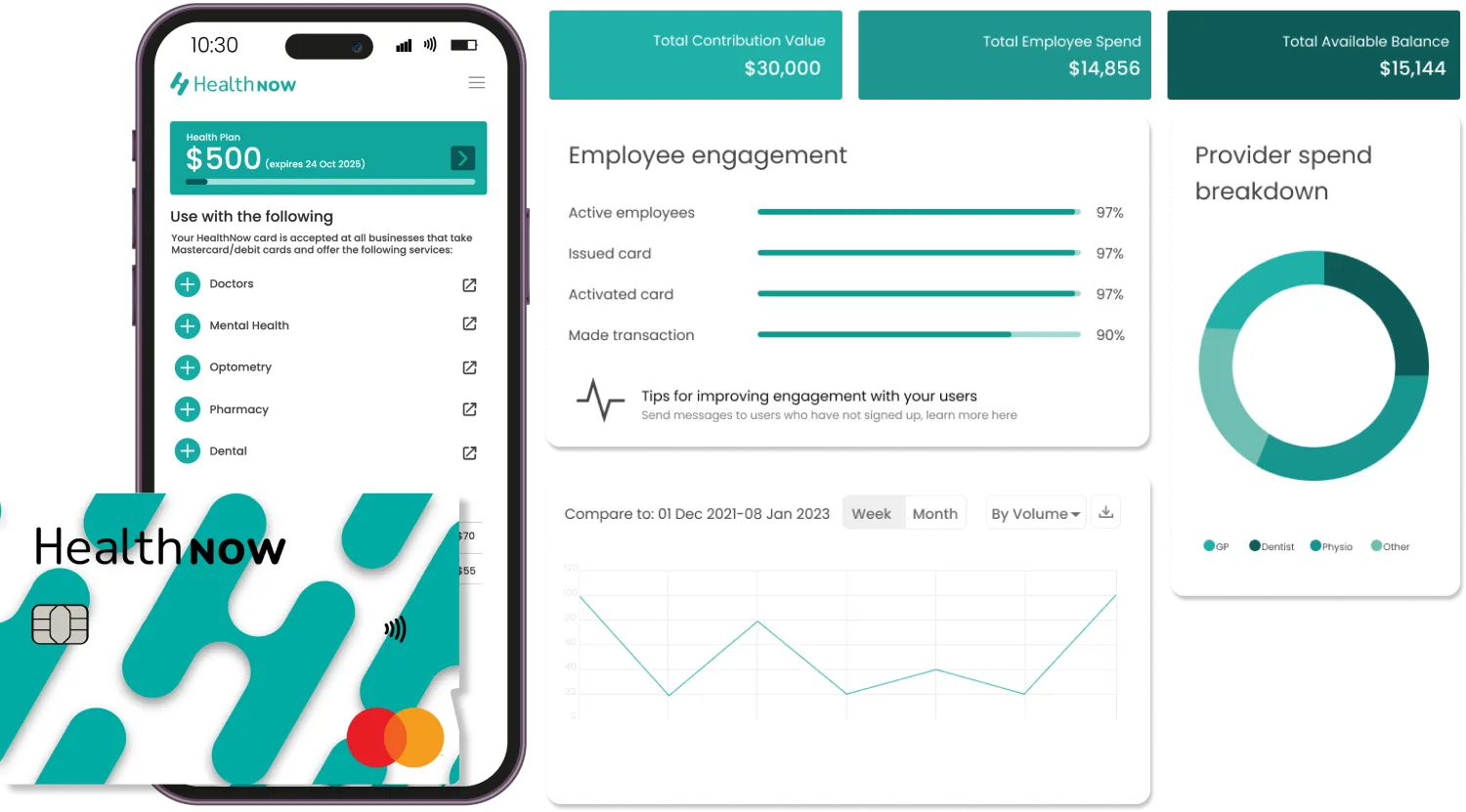New Zealand has reached “epidemic proportions” of type two diabetes. 5% of the population currently lives with diabetes, jumping up as high as 20% for those over 65 years. For young adults, diabetes rates have doubled over the past 15 years – and that’s on top of the 100,000 kiwis that have diabetes but haven’t been formally diagnosed.
Nutrition is a key focus in diabetes management, backed by a range of evidence and guidelines. This makes seeing a dietitian essential for those with a diabetes diagnosis, those that are pre-diabetic, and those displaying risk factors like obesity, which New Zealand has one of the highest rates in the world.
While many seek help from their dietitian when they are already experiencing debilitating or undesirable symptoms, it’s the early care and management that has been shown to slow down the progression and complications of diabetes, paving a smoother path to wellbeing. With the next 20 years seeing a steep trajectory of diabetes in New Zealand, delaying consulting a dietitian adds up to cost more than just the appointment fee – it’s costing extra time managing complications, physical health, mental wellbeing and livelihood for those affected.
If you’re worried about your current diabetes status, or don’t have a dietitian on your team already, consulting a dietitian to understand where you’re at and which steps you should be taking to best manage your health should be a top priority. If that’s not possible due to financial constraints, don’t worry – your appointments don’t have to come with a large upfront financial burden, either.
Dietitians Are Essential To Diabetes Care
Dietitians are uniquely skilled to work alongside those with diabetes, as well as those that have no medical diagnoses but want to prevent illness. Alongside managing diabetes, dietitians also work extensively to help with cancer, kidney failure, bowel disorders, chronic fatigue, eating disorders, food intolerances and much more. In today’s digital age filled with unregistered and unqualified online “experts and coaches”, dietitians instead rely on methods backed by science to help their patients manage their nutritional intake in a safe, practical and sustainable way to help them get the best outcomes for their health.
The results from seeing a dietitian speak for themselves. In New Zealand, for every dollar spent on dietetic support, there’s a cost-saving benefit of up to $6.40 in terms of reduced medical treatment and hospitalisation costs. More than this, having a dietitian helping you manage your diabetes, instead of taking an “ambulance at the bottom of the cliff” approach, could see New Zealanders avoid more than 600 amputations every year.
Dietitians work one-on-one to truly understand the needs and lifestyle of their patients. This tailored management is a welcome change from the blanket statement to “eat healthy” that are given by other health professionals. While intended to be helpful, these statements easily fall on deaf ears as they fail to acknowledge both the bigger picture and a person’s unique circumstances, especially as the cost of healthy eating is equivalent to roughly 44 percent of the disposable income of welfare-dependent families, and 18 percent of the income of average-wage families.
Seeing A Dietitian Early Is Key
Working with a dietitian either at the start of your diagnosis, or ideally earlier if you know you have risk factors, may be one of the most beneficial things you can do for your health if you’re concerned about diabetes. Your dietitian can help you prevent, slow the progression of, and stay in control of your diabetes, including the immediate symptoms, the risk of complications including cardiovascular disease and kidney failure, and the impact on your daily life and wellbeing.
In practical terms, this means helping to prevent symptoms ranging from mild, like fatigue, blurred vision, or numbness or tingling in the hands and feet, to severe problems like diabetic ketoacidosis, a life-threatening condition which happens when the body is breaking up fat as a secondary source of fuel as it is unable to use glucose for energy.
Working with dietitians can have generational effects too. Studies exploring food security in Maori households found that the theme of knowledge about food preparation and nutrition was passed down from grandparents and parents to children, providing a means for sound dietitian-guided knowledge about eating well for diabetes to be passed down too.
Access Dietitians With Buy Now, Pay Later & No Fees
With all the well-documented benefits of seeing a dietitian early in diabetes, as well as for a range of other health conditions, there’s just one big problem: the upfront cost.
Many families don’t have cash sitting in their transactional accounts ready to be used for new health services, and when they do, it may come at the expense of other deferring bills. Payment plans in healthcare are scarcely offered, credit cards charge high interest rates and late payment fees, and some companies have tried to fill the gap in the market by offering payment plans that charge their users fees, further disadvantaging those trying to be proactive about their health.
Buy Now Pay Later (BNPL) describes a service that allows purchases to be paid for in multiple smaller payments, instead of one large upfront cost. Unlike retail-based BNPL services that remain heavily unregulated and have been labelled as ‘problematic’ for doing so, there is only one health-focused BNPL service available in New Zealand that meets a higher level of compliance to ensure it operates with social responsibility: HealthNow.
HealthNow stands against upfront costs being a barrier to personal health, believing that the funds sitting in your bank account today shouldn’t determine whether New Zealanders can get the healthcare they need to see them through for a lifetime. This secure service breaks down the cost of health services, including dietitians, into multiple interest-free installments, over a maximum of six weeks. HealthNow is designed for the good of both patient and practitioner – there are no fees or additional costs for patients, while clinics are paid in full on the day you consult with them and purchase any health products from their clinic.
See HealthNow’s full benefits and features, including a health wallet to store funds set aside for health services that can be contributed to by others including your employer.
Get started with HealthNow by signing up and take control of your health.







